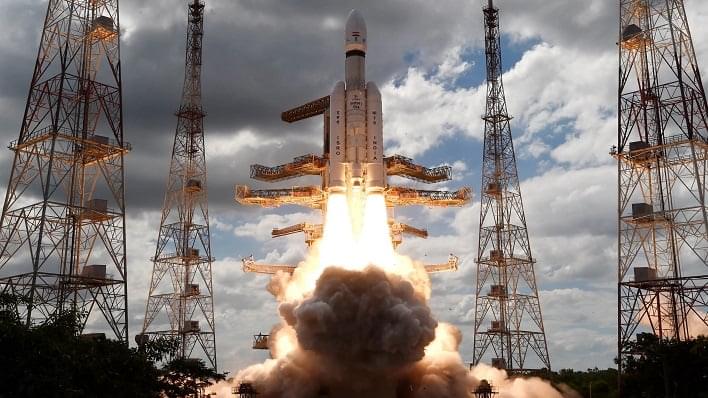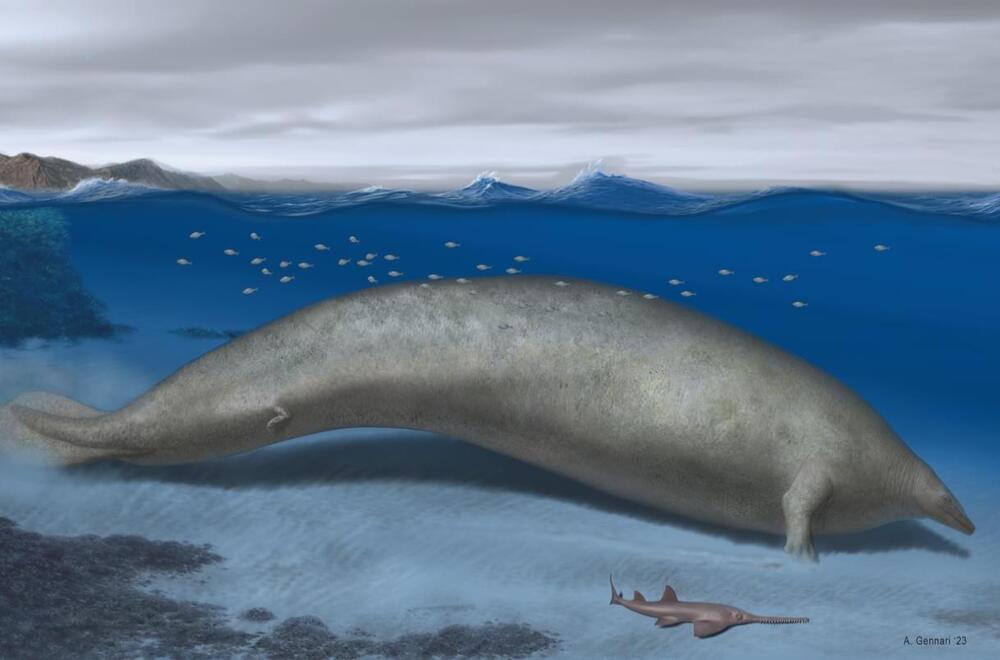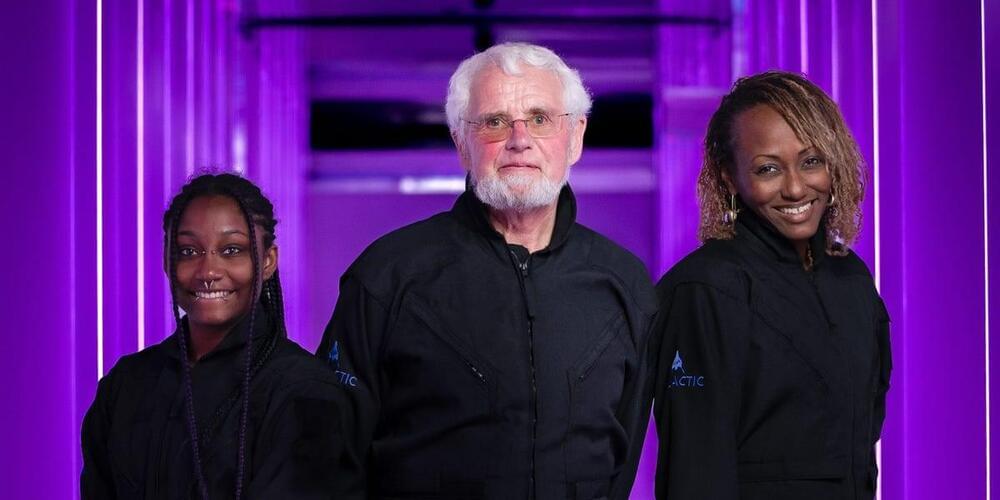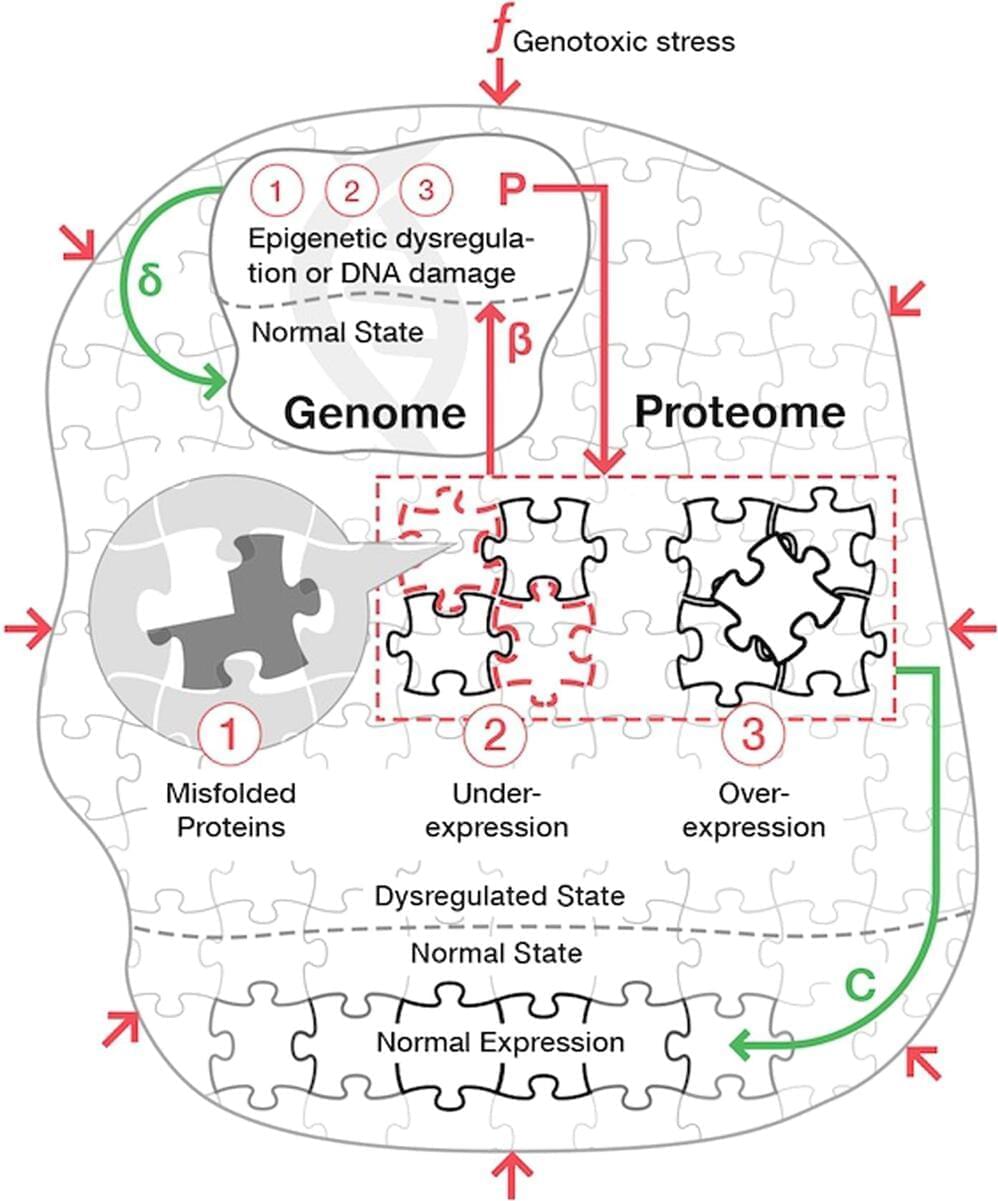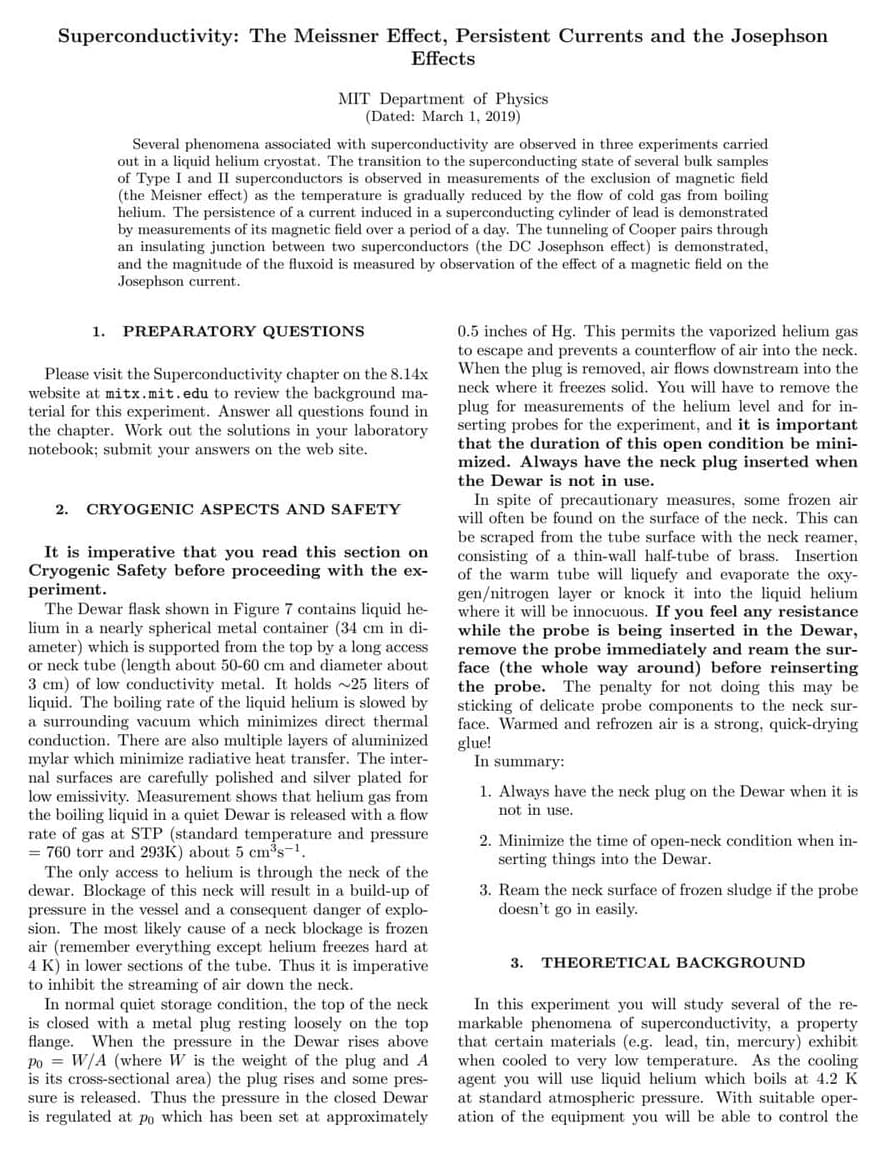The Indian Space Research Organisation (ISRO) shared some spectacular images from its Chandrayann-3 mission, showcasing the monumental moment in India’s space history. This marks the country’s third lunar exploration mission which will also include a lunar landing of a rover.
Chandrayann-3 launched on July 14, 2023, from the Satish Dhawan Space Centre in Sriharikota, India, and is made up of a lunar lander, propulsion module, and a rover. If the Indian spacecraft is able to successfully land on the moon, it would make India only the fourth country to land a spacecraft on the surface of the moon, with the other three being the United States, Russia, and China. However, before the lunar landing is attempted, Chandrayann-3 has sent back some stunning images of the lunar surface.
